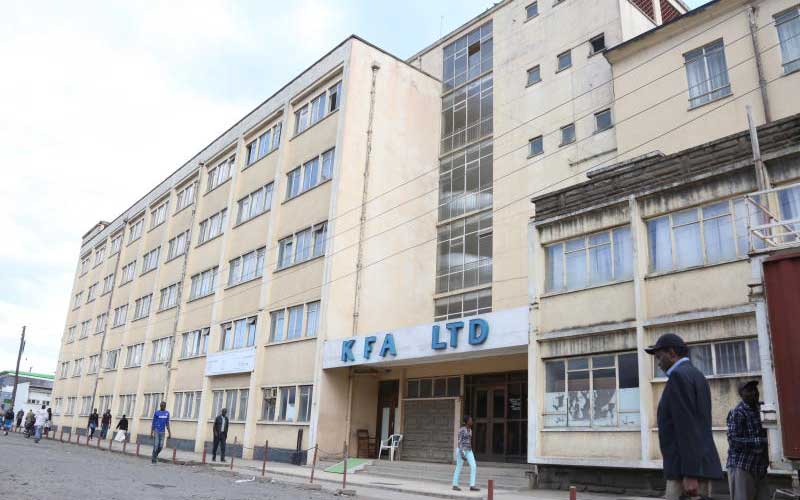×
The Standard e-Paper
Kenya’s Boldest Voice

In July, when President Uhuru Kenyatta directed Industry, Trade and Cooperative Cabinet Secretary Peter Munya to restructure Kenya Farmers Association (KFA), farmers across the country were excited.
They hailed the move, hoping it would change their fortunes in the face of the high cost of farm inputs.